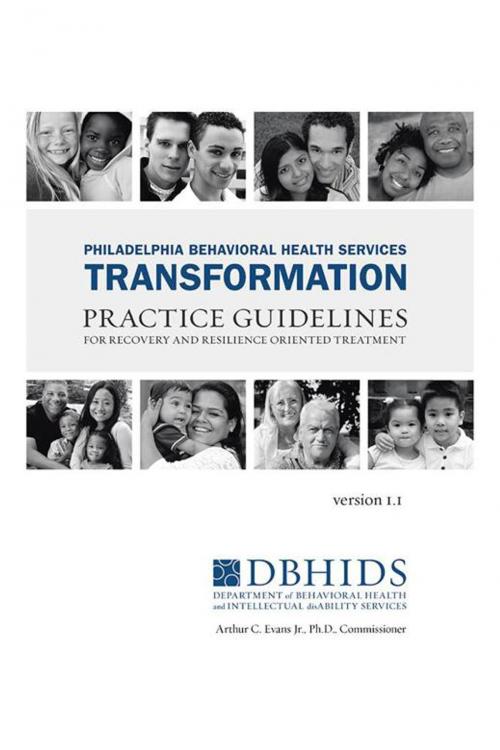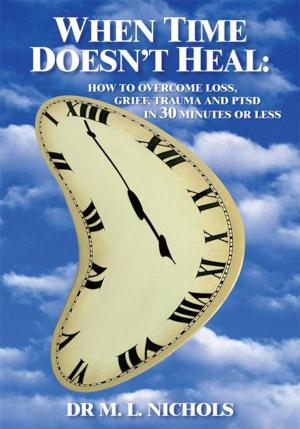Philadelphia Behavioral Health Services Transformation
Practice Guidelines for Recovery and Resilience Oriented Treatment
Nonfiction, Social & Cultural Studies, Social Science, Sociology, Reference & Language, Education & Teaching, Family & Relationships| Author: | Arthur C. Evans Jr. | ISBN: | 9781491828885 |
| Publisher: | AuthorHouse | Publication: | January 17, 2014 |
| Imprint: | AuthorHouse | Language: | English |
| Author: | Arthur C. Evans Jr. |
| ISBN: | 9781491828885 |
| Publisher: | AuthorHouse |
| Publication: | January 17, 2014 |
| Imprint: | AuthorHouse |
| Language: | English |
Philadelphia has a long history of innovation in the behavioral health field, including the work of Dr. Benjamin Rush (1746-1813), the closing of the state hospitals in the late 1980s and the formation of Community Behavioral Health (CBH), the nations largest city-controlled managed behavioral healthcare organization. This document represents the next step in the evolution of Philadelphias efforts to create a more effective and efficient system of care. This system is based on the latest thinking in the field, empirical evidence and the preferences of the individuals and families receiving services. In keeping with the comprehensive system-transformation efforts in the health care arena, the guidelines outlined in this document are meant to help providers implement services and supports that promote resilience, recovery and wellness in children, youth, adults and families. They apply to all treatment providers and all levels of care. They are not intended to encapsulate all possible services or supports that promote recovery and resilience. The strategies in this document are examples of activities and services that providers can implement. These strategies are not intended to be a laundry list of new activities that must now be incorporated into all service settings. The suggested strategies are examples of the kinds of activities that can help organizations achieve these goals. These strategies should be modified and adopted based on the preferences, cultures and needs of people being served and the community context in which they live. The practice guidelines have direct implications for staff in all roles. They are framed by the notions of recovery and resilience. This framework should be the basis for service delivery.
Philadelphia has a long history of innovation in the behavioral health field, including the work of Dr. Benjamin Rush (1746-1813), the closing of the state hospitals in the late 1980s and the formation of Community Behavioral Health (CBH), the nations largest city-controlled managed behavioral healthcare organization. This document represents the next step in the evolution of Philadelphias efforts to create a more effective and efficient system of care. This system is based on the latest thinking in the field, empirical evidence and the preferences of the individuals and families receiving services. In keeping with the comprehensive system-transformation efforts in the health care arena, the guidelines outlined in this document are meant to help providers implement services and supports that promote resilience, recovery and wellness in children, youth, adults and families. They apply to all treatment providers and all levels of care. They are not intended to encapsulate all possible services or supports that promote recovery and resilience. The strategies in this document are examples of activities and services that providers can implement. These strategies are not intended to be a laundry list of new activities that must now be incorporated into all service settings. The suggested strategies are examples of the kinds of activities that can help organizations achieve these goals. These strategies should be modified and adopted based on the preferences, cultures and needs of people being served and the community context in which they live. The practice guidelines have direct implications for staff in all roles. They are framed by the notions of recovery and resilience. This framework should be the basis for service delivery.















